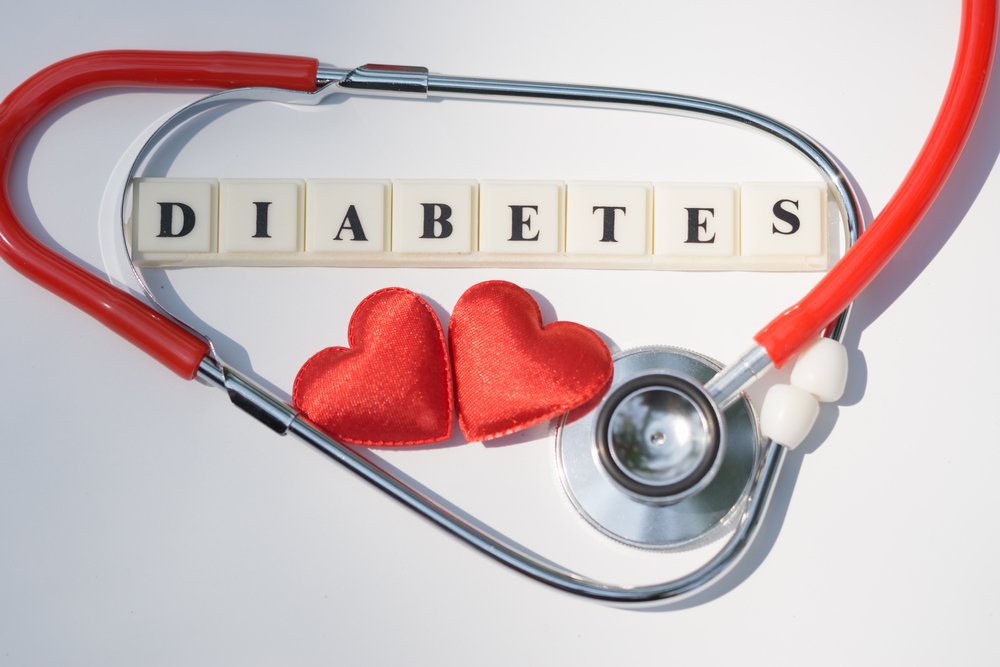Why this matters
People with type 2 diabetes and metabolic syndrome (MetS) face higher cardiovascular and cognitive risks. Recent analyses—from the landmark REDUCE-IT trial to new brain-focused studies—shed light on where EPA/DHA omega-3s fit.
Part 1 — Diabetes & Heart Risk: What REDUCE-IT Adds
The setup
-
Where: American Diabetes Association Scientific Sessions (June 12–16, 2020)
-
Who/What: Deepak Bhatt, MD, MPH, presented a pre-specified analysis from REDUCE-IT using icosapent ethyl (EPA-only, 4 g/day) vs placebo over ~5 years.
-
Population: 58% had type 2 diabetes; most were on statins and diabetes meds; triglycerides remained elevated despite therapy.
Key outcomes
-
Primary composite CV endpoint (CV death, MI, stroke, revascularization, unstable angina) fell 23% with icosapent ethyl.
-
In those with diabetes and established CVD, absolute risk dropped dramatically (≈10% absolute reduction over ~5 years).
-
Take-home: Diabetes + high TGs + atherosclerosis = very high baseline risk; EPA therapy delivered large absolute gains on top of standard care.
What’s driving the benefit?
EPA levels > triglycerides
-
ACC updates (March 2020) linked on-treatment blood EPA levels—not TG lowering—to the strongest risk reduction signals.
-
Benefit occurred regardless of baseline EPA, pointing to achieved EPA as the crucial biomarker.
Practical angle
-
For high-risk, statin-treated patients with persistently high TGs, purified EPA at 4 g/day offers add-on protection beyond LDL-centric therapy.
Part 2 — Beyond the Heart: Metabolic Syndrome, Schizophrenia & the Brain
The question
Can omega-3s help counter the inflammatory–cognitive burden seen when MetS and schizophrenia coexist?
The study at a glance
-
Design: 12-week RCT; 80 patients with schizophrenia + MetS on olanzapine
-
Arms: Omega-3 vs placebo
-
Measures: Cognition (RBANS), BDNF (neurotrophic factor), inflammation (CRP, IL-6, TNF-α)
Findings
-
Omega-3s improved delayed memory scores.
-
BDNF increased, while CRP, IL-6, TNF-α decreased with omega-3s.
-
Interpretation: Omega-3s may enhance neuroplasticity and dampen inflammation, aligning with better cognitive performance in this high-inflammation subgroup.
What to do with this information
h2: For clinicians & high-risk patients (diabetes + elevated TGs)
-
Consider EPA-only, 4 g/day (prescription icosapent ethyl) as adjunct to maximally tolerated statin therapy when TGs remain high.
-
Monitor achieved EPA levels (and overall omega-3 status) where feasible; higher on-treatment EPA correlates with greater benefit.
h2: For MetS with cognitive concerns (including serious mental illness)
-
Omega-3 supplementation (EPA/DHA) may offer anti-inflammatory and BDNF-supportive effects that track with cognitive gains.
-
Use as an adjunct to standard psychiatric and metabolic care; personalize dose and check omega-3 status when possible.
h2: General omega-3 hygiene
-
Aim for 2–3+ servings/week of oily fish (e.g., salmon, sardines, herring, mackerel).
-
If supplementing, choose products that specify EPA & DHA amounts and take with a fat-containing meal.
-
Consider an Omega-3 Index test and retest after 3–4 months to confirm you’re in a protective range (often 8–12%).
Bottom line
-
In diabetes and high-TG populations, EPA-only therapy delivers meaningful absolute CV risk reductions, seemingly tied to achieved EPA levels rather than TG drops alone.
-
In MetS with schizophrenia, omega-3s linked to better memory, higher BDNF, and lower inflammation, hinting at neuroprotective value.
-
Across scenarios, measure, personalize, and optimize omega-3 status for the best odds of benefit.




